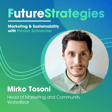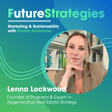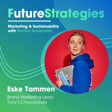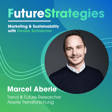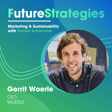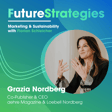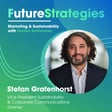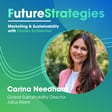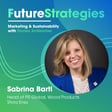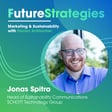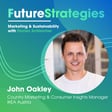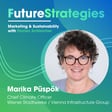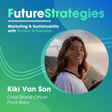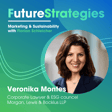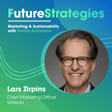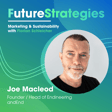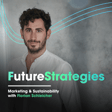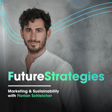
🚈 2.4 Million Rides Toward a Climate-Neutral Future - Cornelia Nussbaumer from Wiener Linien about Sustainability with a Mission
Cornelia Nussbaumer is Head of Sustainability and Innovation at Wiener Linien, Vienna’s public transport operator. She’s driving the company’s transformation toward climate-friendly mobility, diversity, and future-ready urban solutions.
About the FutureStrategies podcast and your host:
I’m Florian Schleicher, a marketing strategist. I help brands gain clarity, spark momentum, and turn strategy into something that actually moves people. In 2022, I started my marketing studio FUTURESTRATEGIES. to do exactly that. I currently work with corporate clients from 11 countries.
If you want more, check out my FutureStrategies newsletter – weekly inspiration on marketing, strategy and sustainability.
And if something’s blocking your brand from doing its best work, let’s talk.
